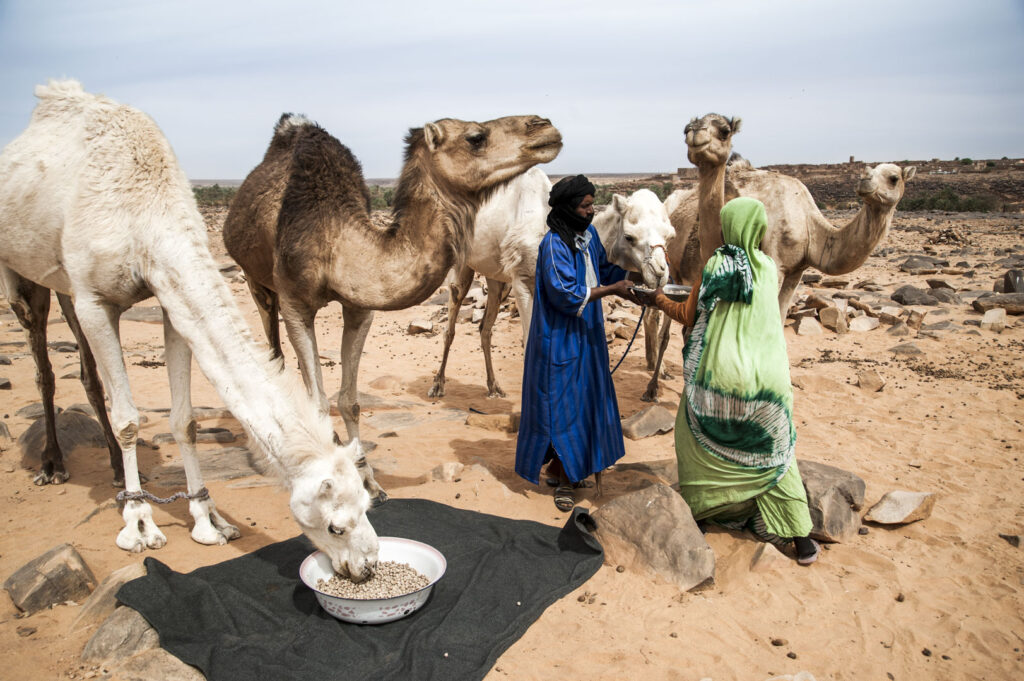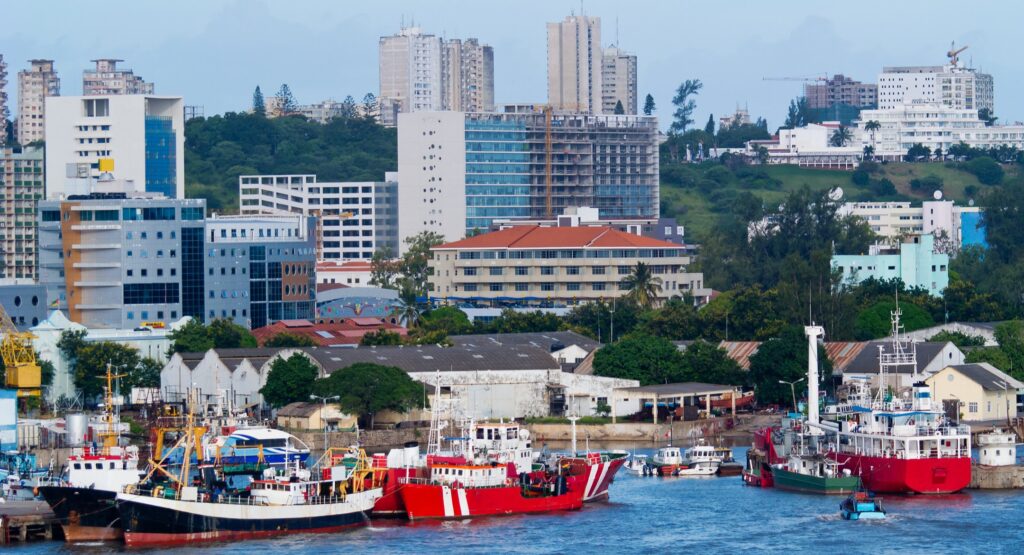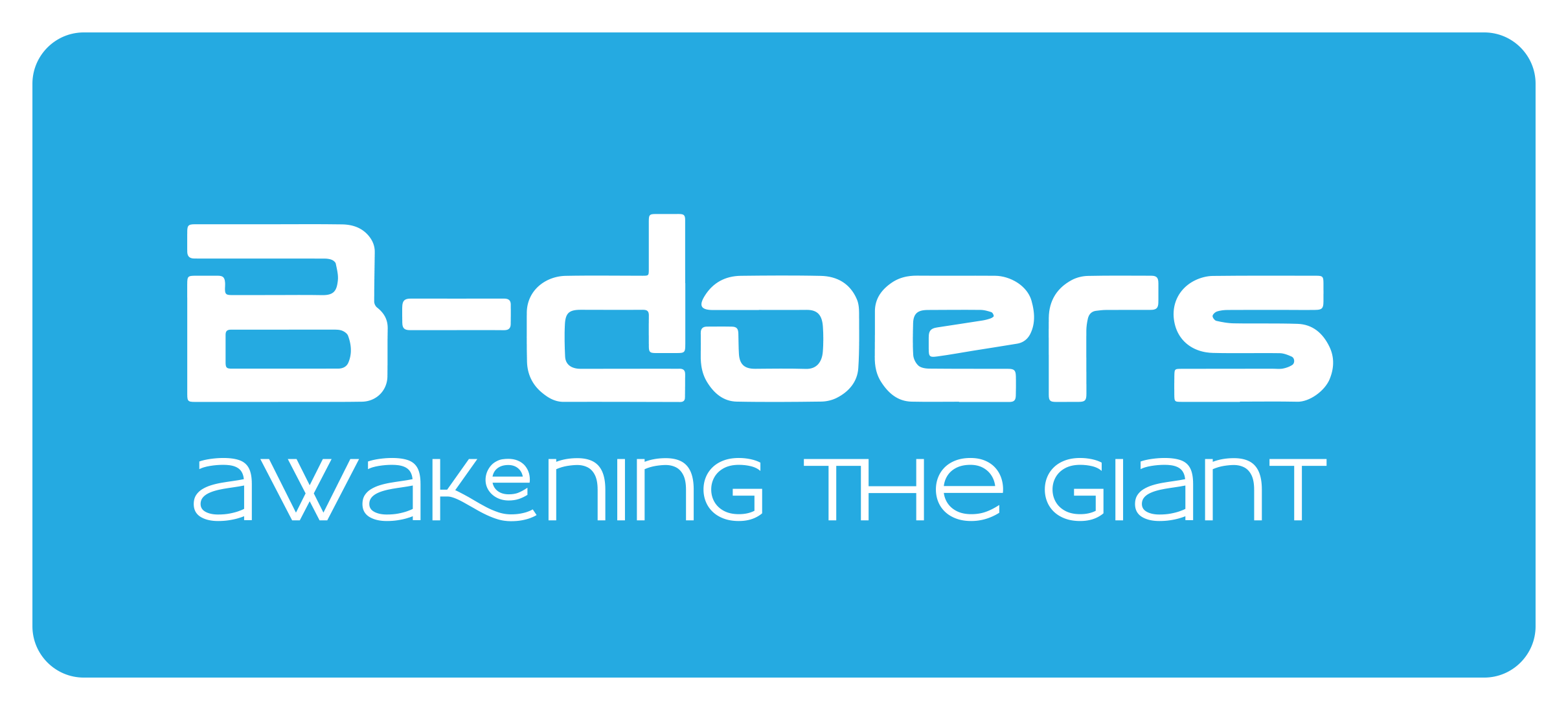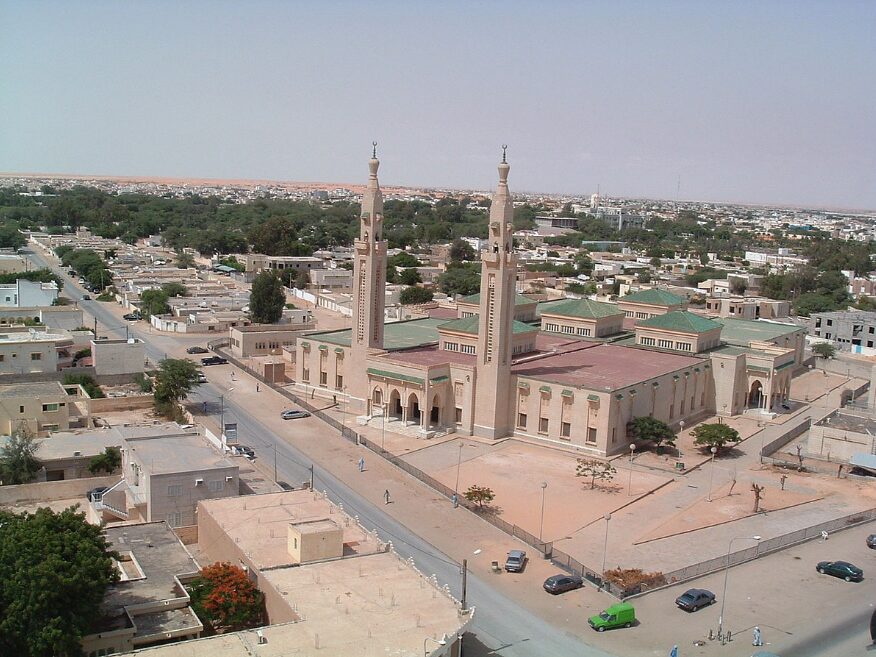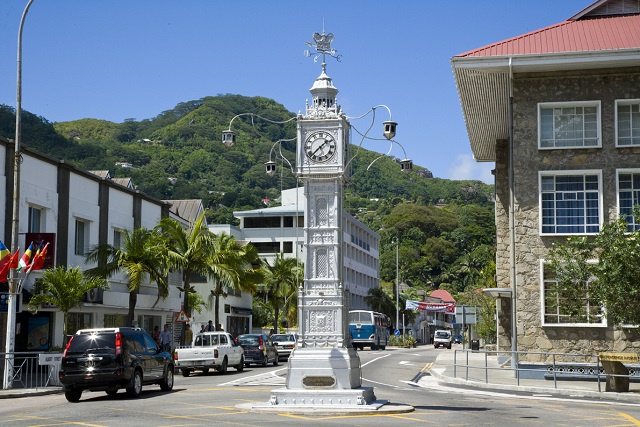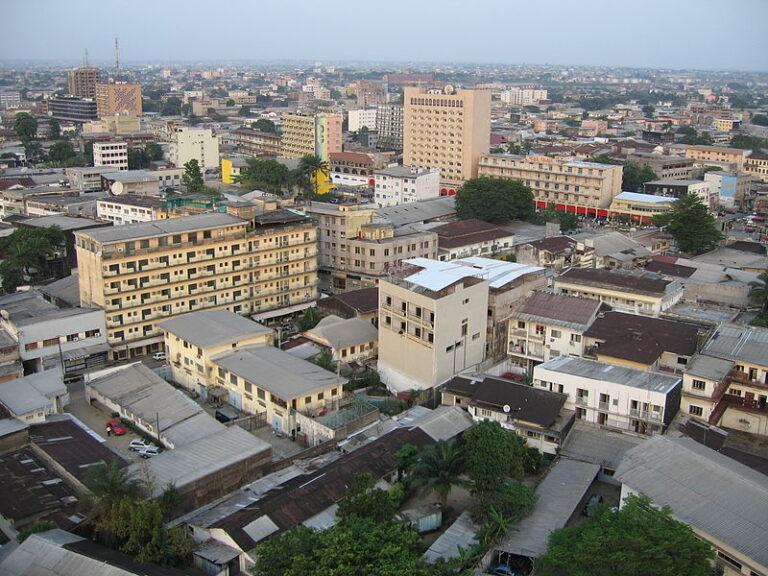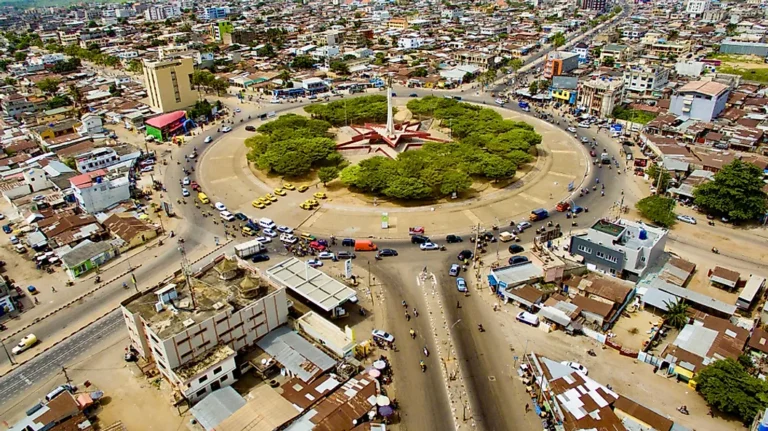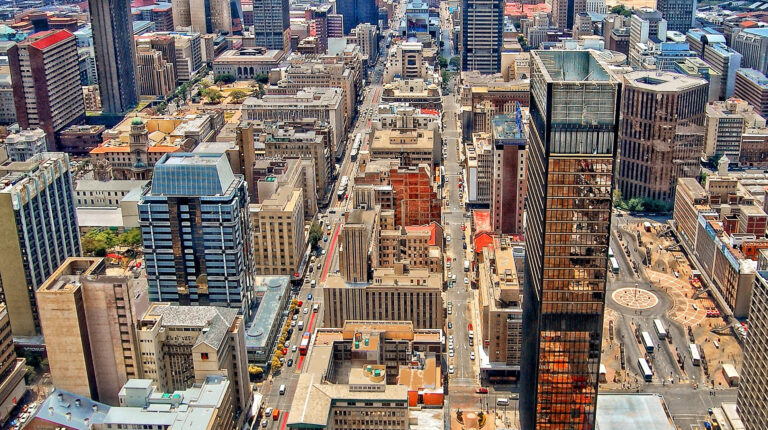The Islamic Republic of Mauritania, officially known as the Islamic Republic of Mauritania, is a sovereign state in Northwest Africa. It is bounded on the west by the Atlantic Ocean, on the north and northwest by Western Sahara, on the northeast by Algeria, on the east and southeast by Mali, and the southwest by Senegal. With an area of 1,030,700 km2 (397,929 mi2), Mauritania is Africa’s eighth largest country, with 90 percent of its territory located in the Sahara. The Sahara desert covers two-thirds of Mauritania, and the capital and largest city, Nouakchott, is on the Atlantic coast.
The current population of Mauritania is 5,015,898 as of Monday, July 3, 2023, based on Worldometer elaboration of the latest United Nations data.
Mohamed Ould Ghazouani, also known as Ghazouani and Ould Ghazouani, is a Mauritanian politician and retired Mauritanian Army general who is the 9th President of Mauritania, having assumed office on 1 August 2019.
In Mauritania, more than half of Mauritania’s 4.4 million people earn a living from agriculture and livestock. However, domestic cereal production in this arid country only meets about one-third of the national food needs, forcing reliance on imports, especially for sorghum, millet, and wheat.
The top exports of Mauritania are Iron Ore, Gold, Non-fillet Frozen Fish, Processed Crustaceans, and Copper Ore. Mauritania’s economy is dominated by extractive industries (oil and mines), fisheries, and agriculture.
Real GDP is forecast to grow 2.8% in 2021 and 4.2% in 2022, underpinned by the resumption of public and private investment and structural reforms.
Mauritania’s population is predominantly young with more than 60 percent of the total population being under the age of 25. This part of the population faces poor labor market conditions due to a variety of reasons such as a lack of employment opportunities, limited access to credits, and insufficient skills development and education opportunities. Consequently, a large share of young Mauritanians fails to successfully transition into employment, remaining unemployed or largely inactive in the labor market.
The Development documents used by Mauritania in its development strategies are : – Country Partnership Framework For The Islamic Republic Of Mauritania For The Period Fy18–Fy23, Mauritania Country Strategic Plan (2019-2023), La stratégie de croissance accélérée et de prospérité partagée (SCAPP) 2016-2030
Business opportunities in Mauritania
Investment in Mauritania is primarily in the hydrocarbons and mining sectors. However, other sectors (i.e., tourism, agriculture, telecommunication and infrastructure projects, and electricity) provide investment opportunities. It is rich in minerals, has enormous energy potential, and has some of the continent’s richest fishing grounds. Mauritania is making progress in improving its business climate.
